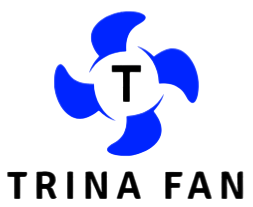In today’s world, access to high-quality information has become an essential resource for personal and professional growth. However, many of the most reliable sources of knowledge, whether in the form of books, courses, research papers, or expert consultations, often come at a steep price. This has created a barrier for many people who wish to further their education or enhance their expertise but find them unable to afford the high costs. Despite this, there are now growing opportunities to access premium knowledge at a price that is far more accessible and reasonable, providing everyone the chance to unlock valuable insights and expertise without the burden of overwhelming financial strain. One of the most exciting developments in this space is the rise of online platforms and subscription services that offer high-quality educational content at a fraction of the cost of traditional options. These platforms allow learners to access courses, tutorials, and resources from leading experts and institutions at a much more affordable price point than attending physical seminars, workshops, or university classes.

Whether it is a certification course in data science, a tutorial on digital marketing, or a deep dive into the nuances of philosophy, these platforms provide a wealth of knowledge that was previously confined to those with access to expensive institutions or elite networks. Additionally, there has been a growing movement toward open-access resources that aim to democratize knowledge. Open-access journals, blogs, webinars, and educational YouTube channels have emerged as valuable alternatives for those who cannot afford costly subscriptions or textbooks. Many renowned scholars and professionals in various fields now publish their work and share their insights with the broader public, offering the same quality of information without charging a fee. In fact, this trend has not only helped lower the cost of learning but also fostered a culture of sharing and collaboration across disciplines. Furthermore, subscription-based models such as those offered by platforms like Medium, Master Class, and Coursera provide consumers with affordable access to an array of expert-led content, sometimes on a pay-as-you-go or monthly basis.
This approach allows individuals to dip in and out of various topics without committing to the financial burden of a large upfront investment. In essence, people can tailor their learning journey based on their specific needs and interests, all while paying a price that fits their budget. The ability to pay for only what you need or consume in manageable installments has made premium knowledge available to a much wider audience. Another significant factor that contributes to the accessibility of high-quality knowledge is the increased focus on community-driven learning. Forums, discussion boards, and peer-to-peer networking platforms have made it easier for people to access expert opinions, ask questions, and share resources. These collaborative environments often foster an exchange of ideas and solutions at little or no cost, further breaking down the barriers to learning and making premium information more affordable. Ultimately, GRCourse the growing accessibility of premium knowledge is reshaping the way we approach education and personal development.
